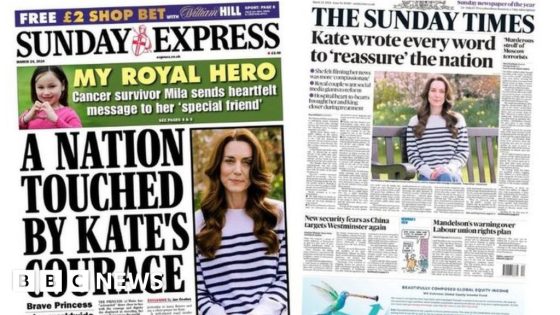More than eight months into a war between Israel and Hamas that has claimed the lives of tens of thousands of people, most Canadians say they support both Israel’s existence and a future Palestinian state, according to a new survey.
The survey by Innovative Research Group, a public opinion research and consultation firm, also found Canadians broadly agree with demonstrators’ right to free speech â even if they’re not entirely happy with the way those protests have played out.
“What we found overall was a lot of moderation, a lot of willingness to accept political differences, but no willingness to accept violence or political violence, and very little willingness to accept protest activities that create disruption,” said Greg Lyle, president of Innovative Research Group.
The survey was conducted online between May 16 and May 28 and surveyed 1,872 adult Canadians for a margin of error of plus or minus 2.3 percentage points.
Roughly 52 per cent of those surveyed agreed with the statement: “It is important for Israel to exist as a Jewish state.” About 49 per cent agreed that “it is important to create a state for Palestinians.”
Another 57 per cent said they support both public speech that supports Israel’s right to exist and speech that supports Palestinians getting their own state.
That support started to dip when respondents were asked about protests on university campuses.
Some 38 per cent said they oppose pro-Israel encampments “where student-protesters gather but do not interfere with education activities.” A higher percentage â 64 per cent â said they oppose pro-Israeli protests on campus “that create a disruption, including occupying school buildings.”
Similarly, 37 per cent of respondents said they oppose pro-Palestinian encampments that do not interfere with student activities, while 63 per cent said they’re against disruptive pro-Palestinian campus protests.
The survey comes as pro-Palestinian protest camps remain in place on various university campuses. The University of Toronto and McGill University have both sought injunctions to clear the camps. A judge rejected McGill’s request last month, while the U of T’s application is still before a court.
Seventy-seven per cent of those surveyed rejected any speech that calls for violence against Jews, and 76 per cent rejected rhetoric calling for violence against Muslims.Â
No questions asked about Hamas, Israeli government
The survey did not ask questions about Hamas or the current political leadership in Israel.
“Our interest was how should we be talking about [the conflict] and how should we treat each other,” Lyle said.
He said he was glad to see the low tolerance for violent speech in the survey.
“I think you can take heart that the extreme actions that have been taken against both [Muslims and Jews] are not reflective of where the average Canadian comes from, and they’re actually very supportive of your individual rights and the need for you to be treated fairly and with dignity,” he said.
Jewish and Muslim advocacy groups have raised concerns about a rise in antisemitic and Islamophobic incidents since the war began on October 7, 2023.
The Israel-Hamas war began when Hamas-led militants crossed the border and attacked Israel on Oct. 7, killing around 1,200 people and taking some 250 others hostage, according to Israeli tallies.
The Israeli offensive has killed almost 37,600 people, according to Palestinian health authorities.
The survey was conducted on behalf of the Provocation Ideas Festival. CBC Radio host Nahlah Ayed and Executive Director of the Samara Centre for Democracy Sabreena Delhon, who frequently contributes to CBC Radio, sit on its board of directors.
Source Agencies



